Think protein is only for gym buffs? Think again! Here’s why it matters for everyone.
Category: Cancer Support

I used to think protein was just for gym junkies or growing teens. You know—bulking up, building biceps, that sort of thing. But then life knocked me flat and suddenly, I had to relearn what fuel really meant. Protein turned out to be far more than what I ever gave it credit for.
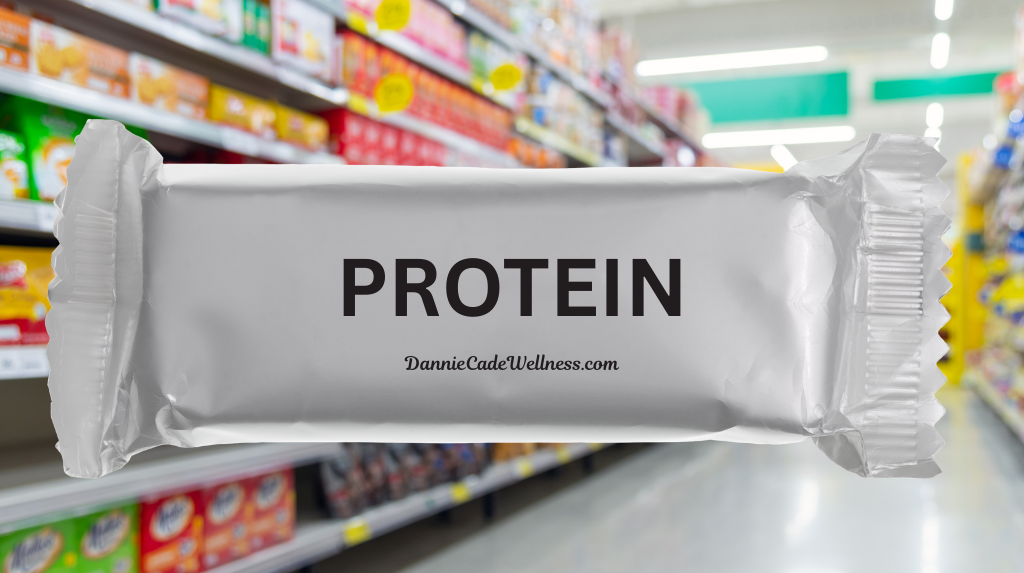
It’s not just a dietary checkbox or a buzzword slapped onto energy bars—it was the real deal when it came to healing, rebuilding, and staying upright when the ground felt shaky. Here’s the thing: protein is your body’s construction material. Every single day, your cells are breaking down and rebuilding.

That immune response? Needs protein. Muscle maintenance? Protein. Hormone balance, blood sugar regulation, energy production—it’s all tied to protein, and not just when you’re sick. At every age, in every season of life, this one nutrient holds a pivotal role.

As children, protein helps build the foundation—bones, brains, tissues. In adulthood, it keeps us functional—managing blood sugar, maintaining lean muscle, and helping us recover from everyday stress. And as we age? Protein is the difference between independence and frailty.

It determines whether you get back up after a fall… or not. It’s that serious. Most people think they’re getting enough, but they’re not. The recommended daily allowance—what most people go by—is just the bare minimum to prevent a major deficiency, and even that’s questionable.
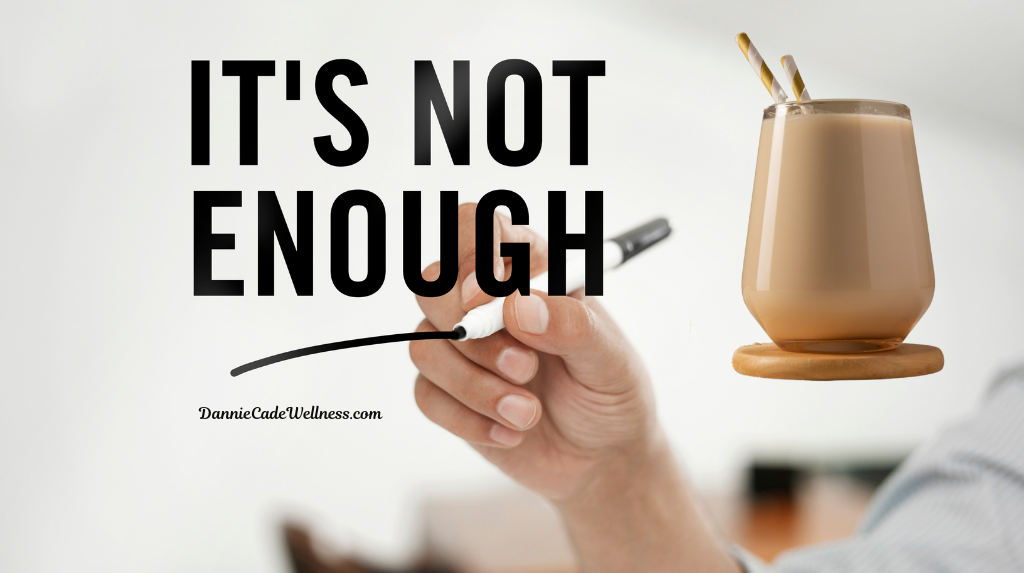
It’s usually not enough to feel good, not enough to recover, and definitely not enough to thrive either. Here’s what I’ve learned: if you’re healing, aging, stressed, active—or all of the above—you need more. Protein deficiency can show up in various ways, how many of these resonate with you? Let’s start with muscle weakness, fatigue, and low energy, as your body struggles to repair and maintain muscle mass.

Then there’s hair thinning, dry brittle nails, skin issues like dryness, slow wound healing and frequent infections are also signs since protein is vital for tissue repair and immune function. Mental fog, mood swings, and irritability can occur due to lack of neurotransmitter production, while swelling in the feet, ankles, and legs can signal fluid imbalance.
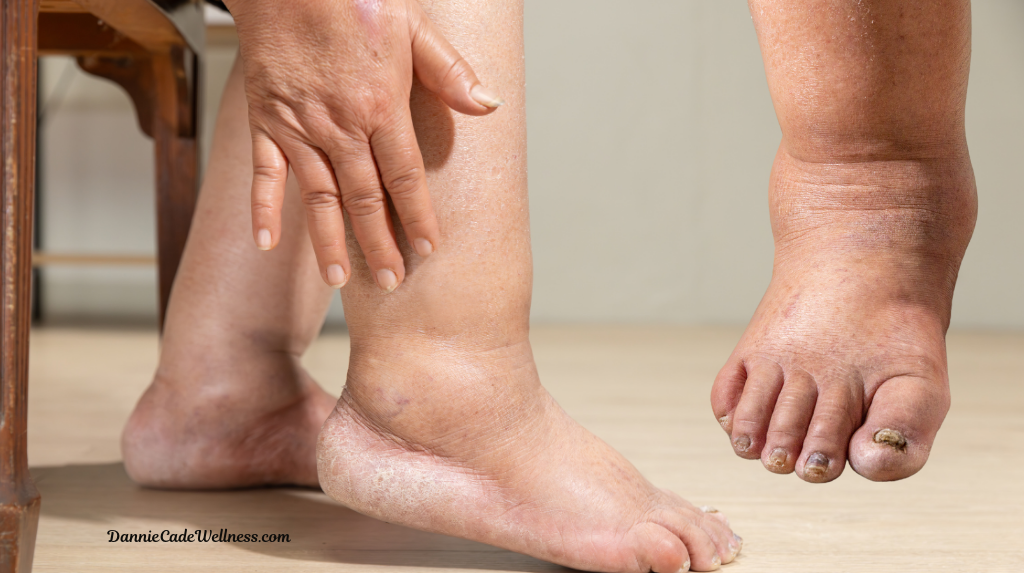
In more severe cases, protein deficiency leads to muscle wasting, weakened immunity, and an increased risk of fractures. Protein also affects sleep, digestion, concentration, temperature regulation, and contributes to hormone balance, thyroid function, and bone strength.
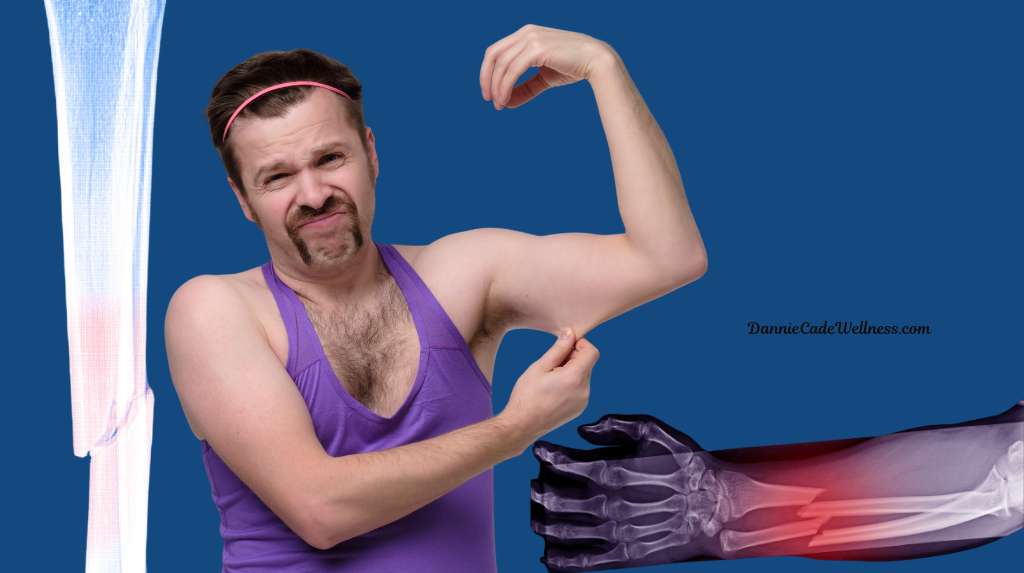
You need quality protein, in the right amount, spaced through the day. For most people, 60 grams could be considered the bare minimum, but aiming closer to 90 grams or more is a more realistic target for overall health, recovery, and muscle maintenance. Active individuals, aging bodies, or those under stress or illness will definitely need more—closer to 100+ grams a day.
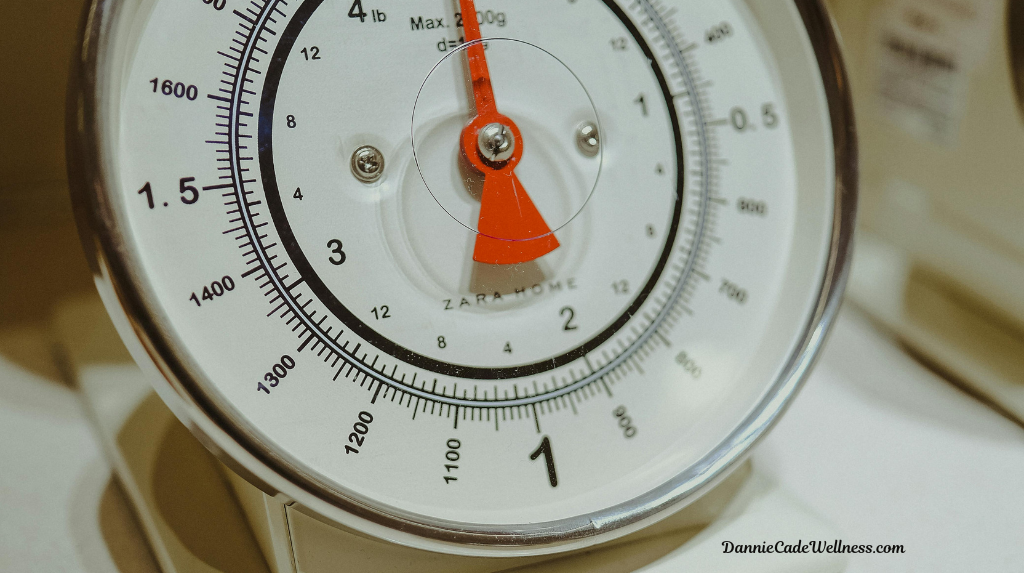
When I say ‘get more protein’ I don’t mean 5 grams at breakfast and 40 grams at dinner. The body works best when it’s consistently steady. A good rule? Aim for 20 to 30 grams of protein at every meal, not just once a day.
Here’s something most people don’t realize: your body doesn’t store protein the way it stores carbs or fat.
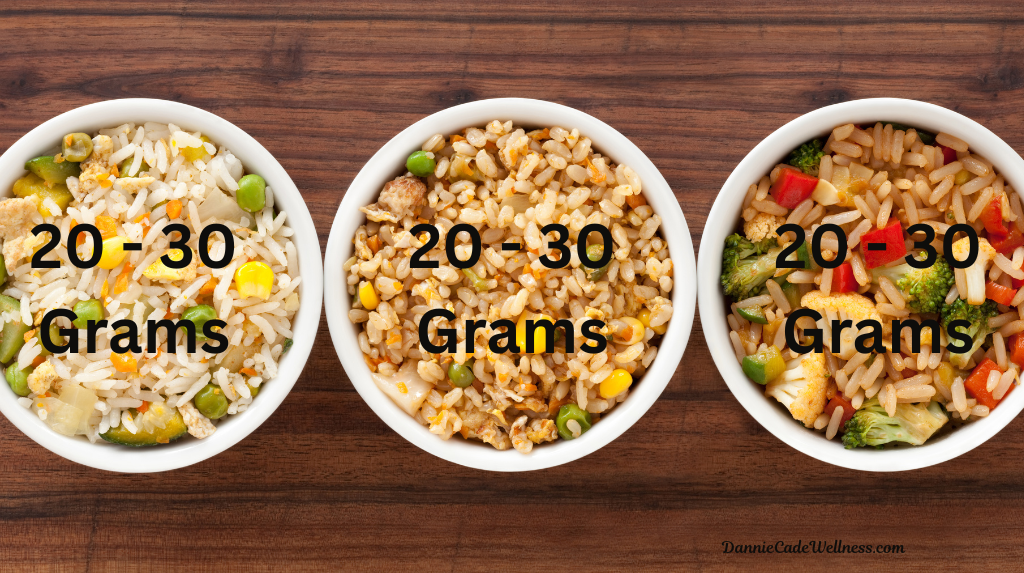
That means if you don’t get enough today, you can’t “make up for it” tomorrow. It’s a use-it-or-lose-it situation—especially when your body is under stress, illness, or aging, and during those times? Your protein needs can double.
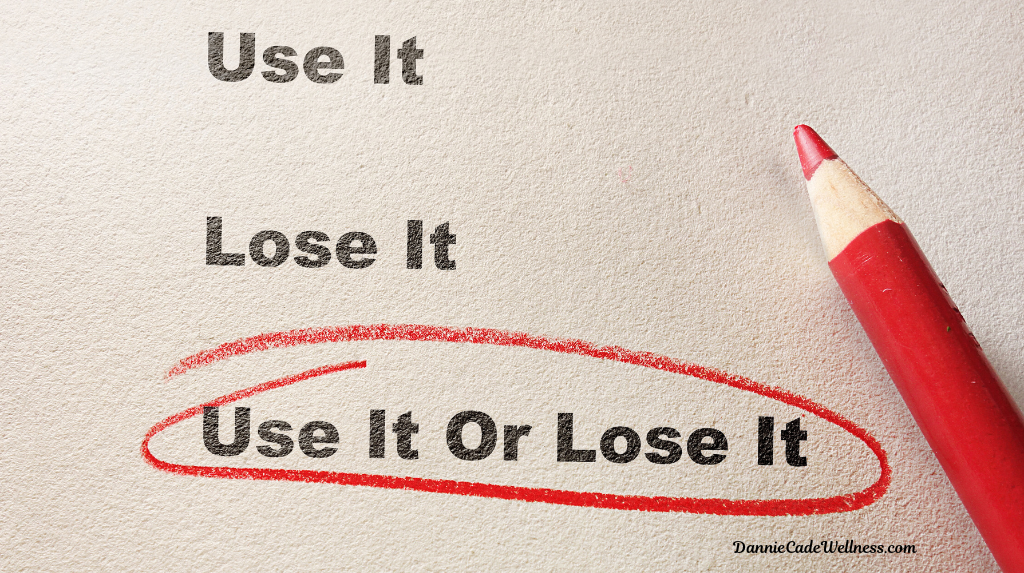
In cancer care for example, we talk a lot about calories—but if those calories aren’t protein-rich, your body may start breaking down its own muscle to survive. That’s called muscle wasting or cachexia, and it can show up even when you’re eating because it’s not about eating more, it’s about eating better—using targeted, usable nutrition that your body can turn into repair and resilience.
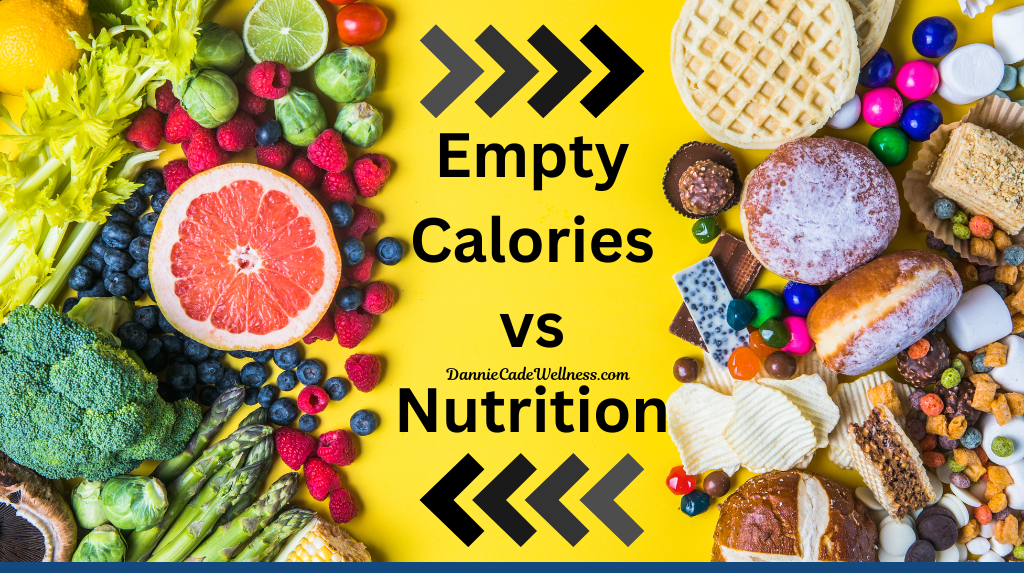
Just a 10% loss of lean muscle mass can impair your immune system. A 20% loss? It can slow wound healing. At 30% loss? You’re looking at severe physical weakness and sadly, that’s not rare either—it’s common in those fighting chronic illness and not fueling properly.

When I was facing cancer, I hit a point where I couldn’t stomach normal meals, but I also knew better than to reach for just anything. Sure, most of those store-bought “meal drinks” look impressive on the label—long list of vitamins and minerals, and of course protein.

But here’s what those labels really mean: most of the nutrients are in trace amounts—barely enough to register. The protein? Often cheap, low-grade, and tough to digest—especially for a gut already under stress.
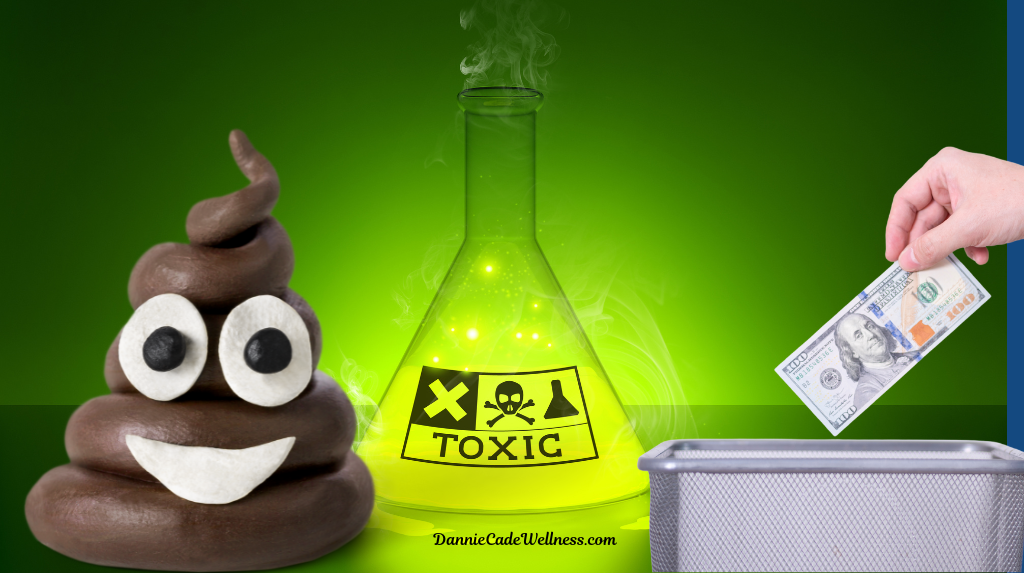
Then you add in the artificial sweeteners, inflammatory oils, gums, fillers… and suddenly, you’re feeding your body more problems than solutions, and people wonder why they still feel weak, foggy, or bloated after trying to “do the right thing.” For me, real energy came from absorbable nutrients. – complete protein, clean ingredients that my body could actually recognize and use.
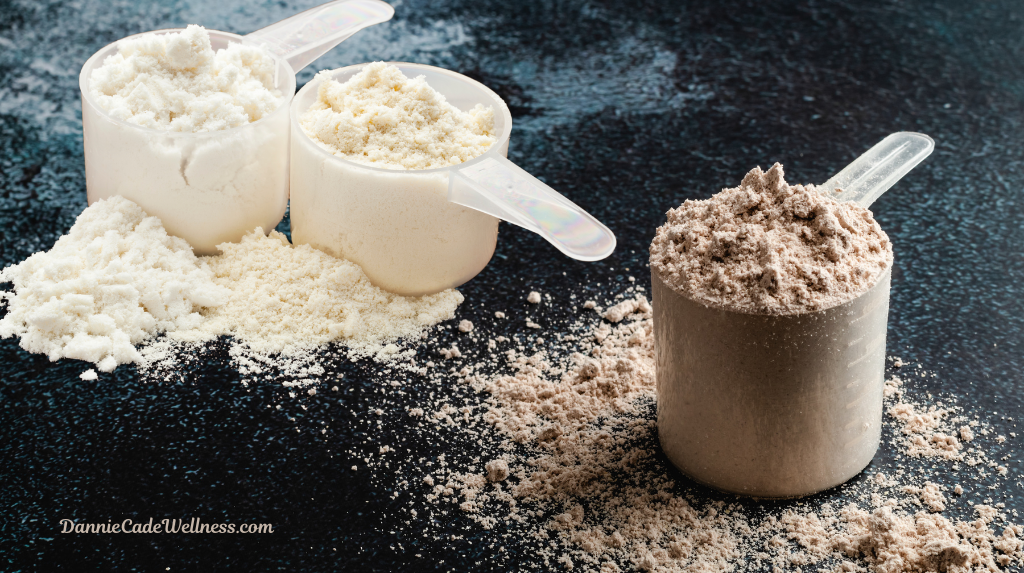
I wasn’t looking for a sugar buzz, I was looking to rebuild. Protein is also needed for neurotransmitter production—mood, focus, even sleep all rely on amino acids, which come from complete protein. If you’re feeling emotionally drained or mentally foggy, it’s not just in your head, it could be in your diet.
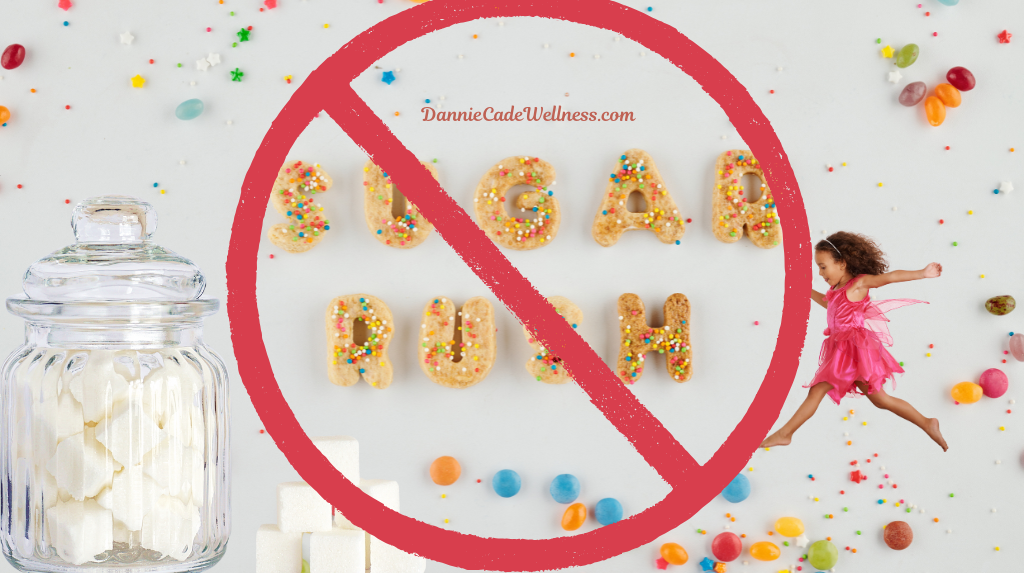
If you’re worried about your kidneys, let me clear this up: unless you already have kidney disease, higher protein intake is not harmful. That myth was debunked years ago, in fact, protein malnutrition causes far more damage to organs than protein ever could.
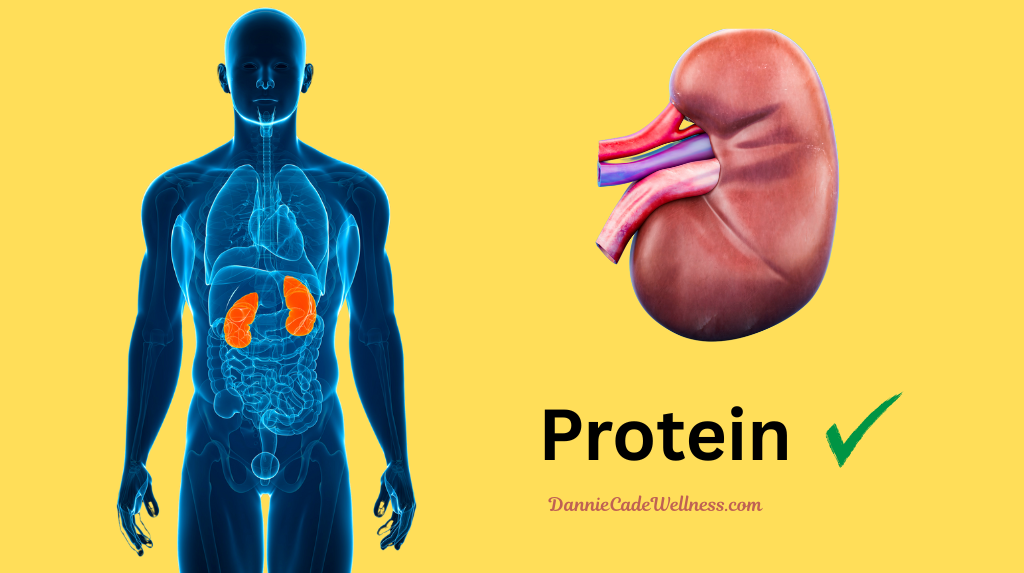
And for women? Protein supports hormone detox, thyroid function, and bone strength. In perimenopause and menopause, protein needs increase. That midlife crash or muscle loss? Low protein could be part of the puzzle.

So here’s what I wish more people knew: protein isn’t optional. It’s not a trend. It’s one of the most protective, powerful choices you can make—at any age, in any condition. If you’re feeling run-down, if your recovery is stalling, if your strength isn’t bouncing back the way it used to—don’t overlook this.
Start by asking:
👉 Am I getting enough protein?
👉 Is it high quality?
👉 Can my body actually use it?
And if the answer is shaky, don’t panic. Adjust. Rebuild. Refuel. Your body is listening and it’s communicating with you, the question is, are you? Give it what it needs. More protein.
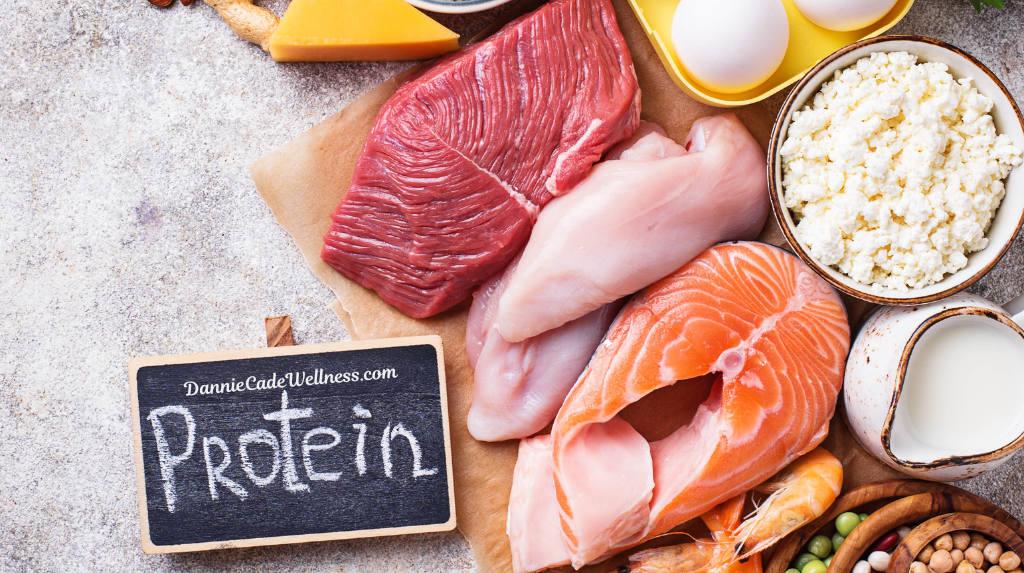
Now I know high-protein foods like meat and eggs are outrageously expensive—I mean, what’s a steak worth now anyway? But here’s the thing: you don’t have to break the bank to fuel your body the right way.
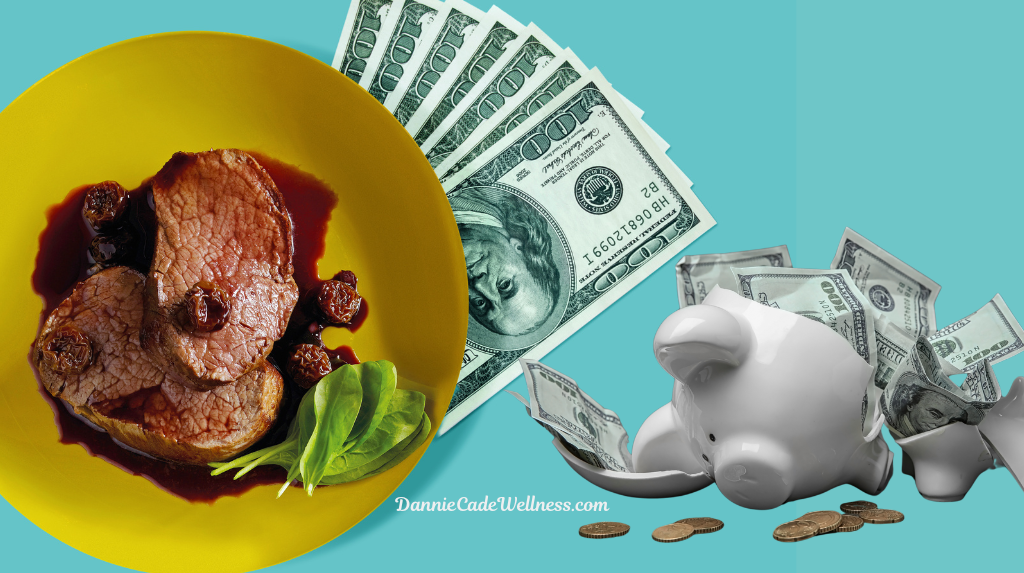
It’s actually smart to invest in protein meals that are both affordable and effective—because you deserve better than overpriced, low-quality options. Make a smarter choice for your health without draining your wallet. I myself enjoy 15 high quality protein meals with everything else included for less than the price of two steaks. Not sure where to start? Drop the word FUEL and I’ll show you how I do it.
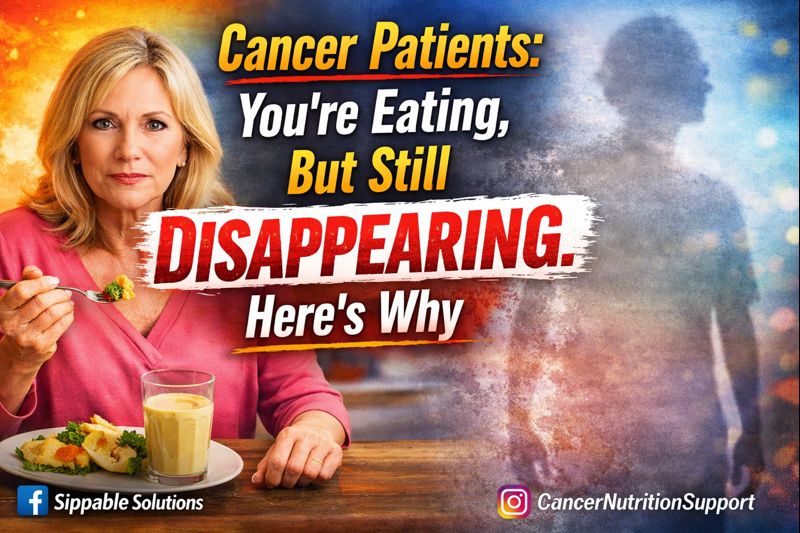
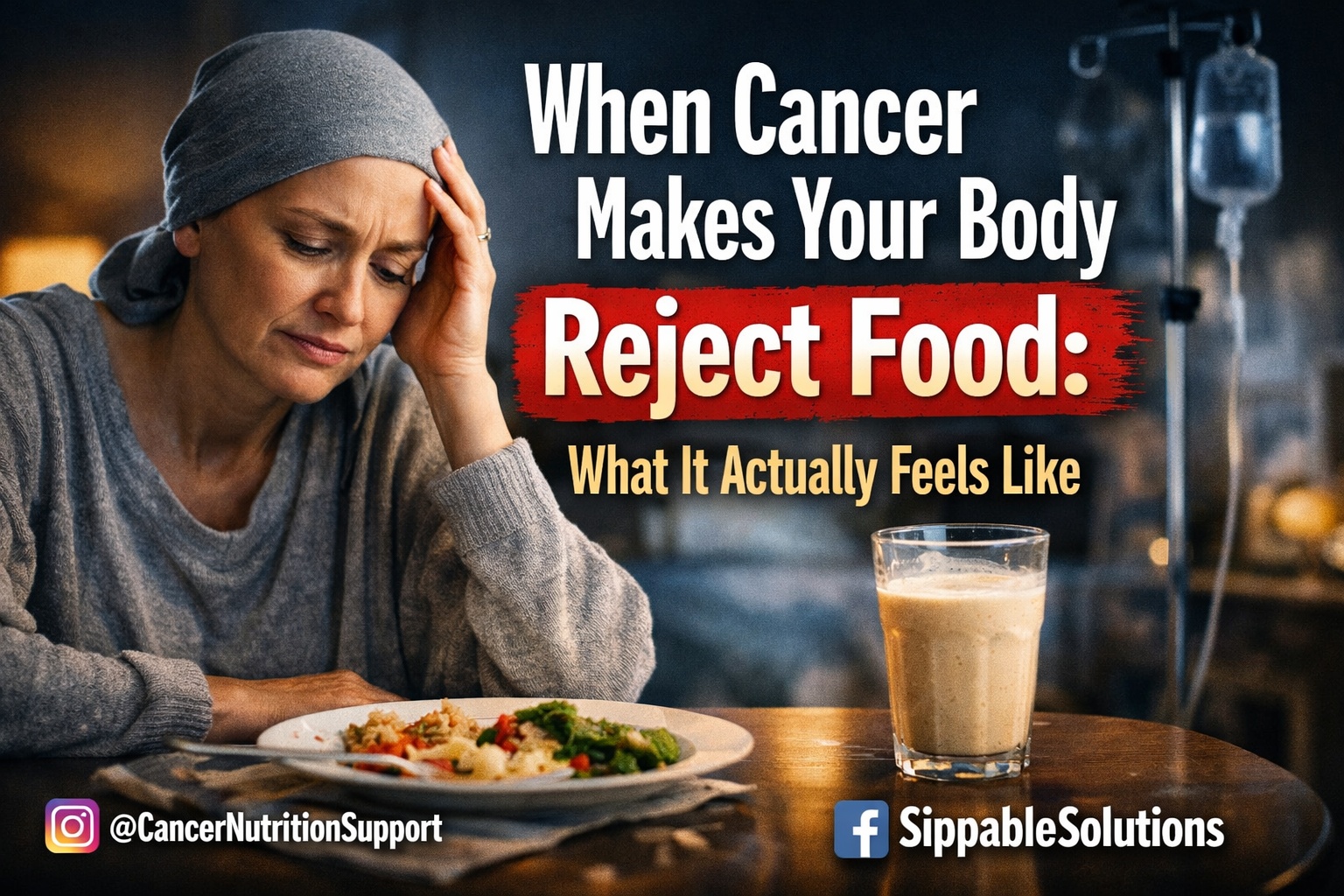
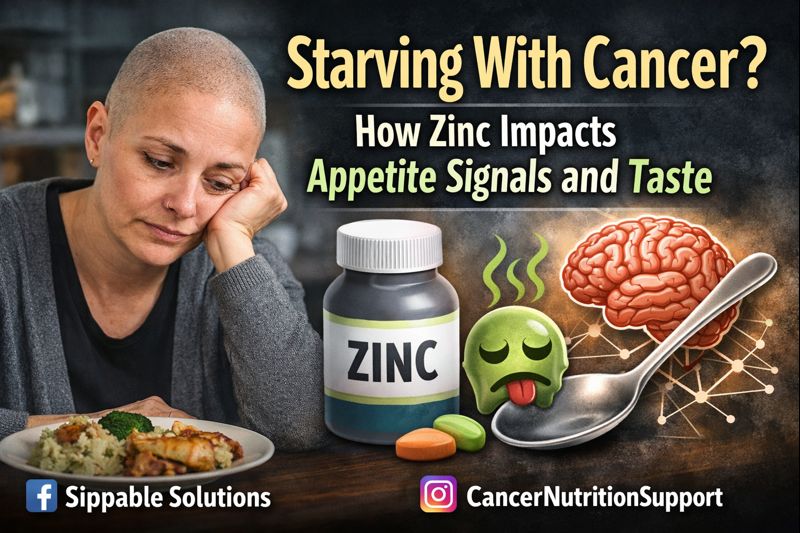
Facebook Comments